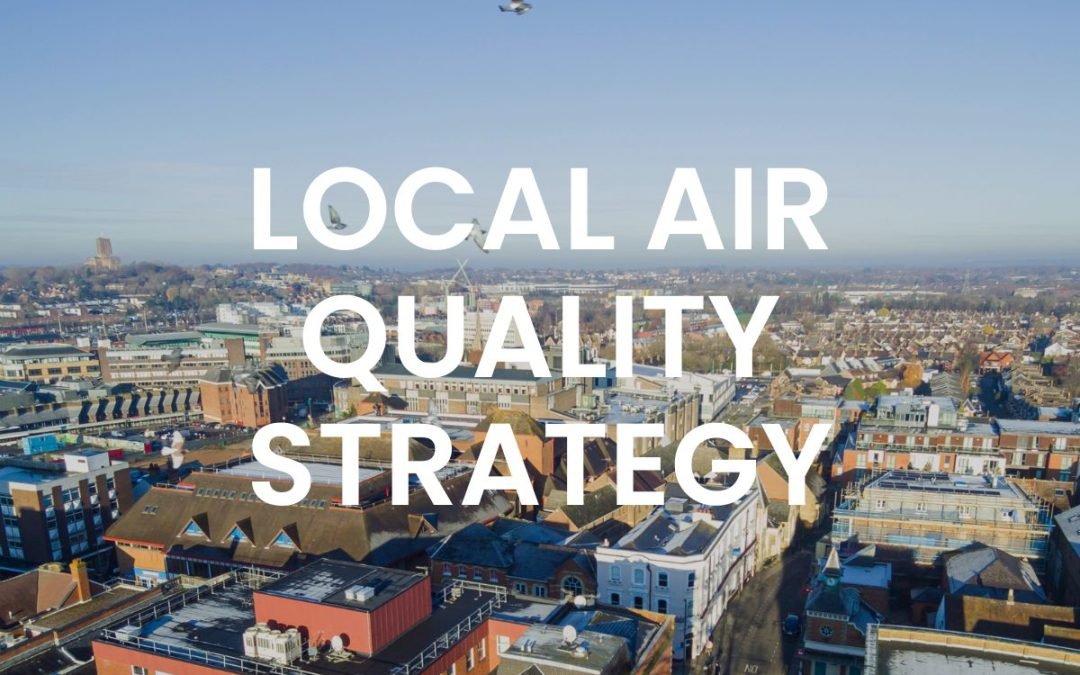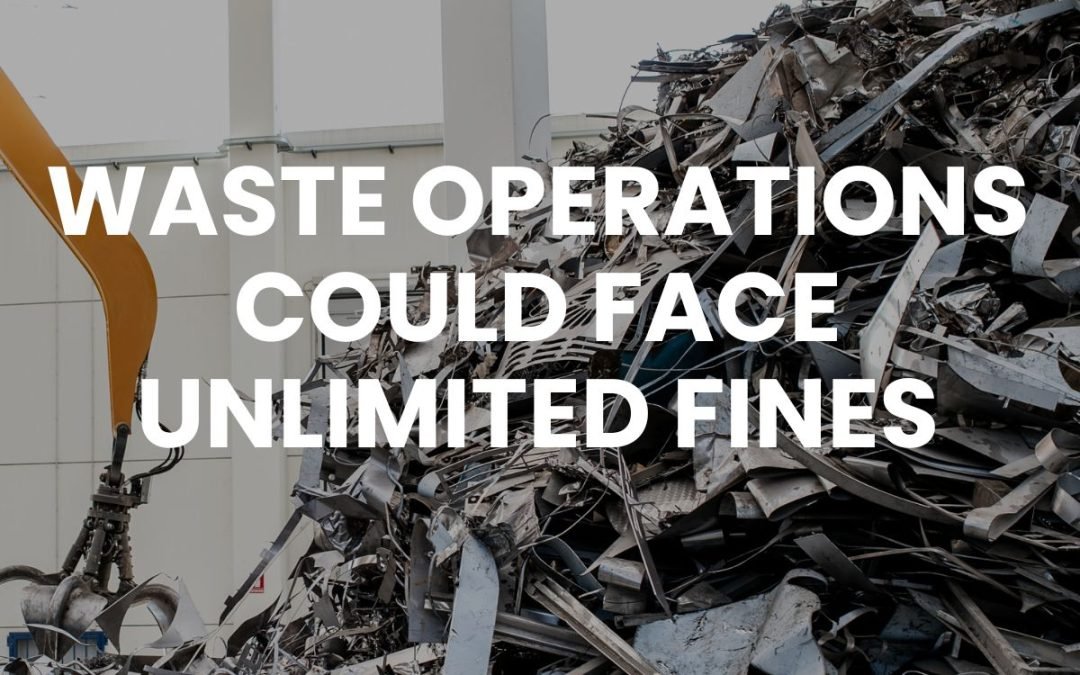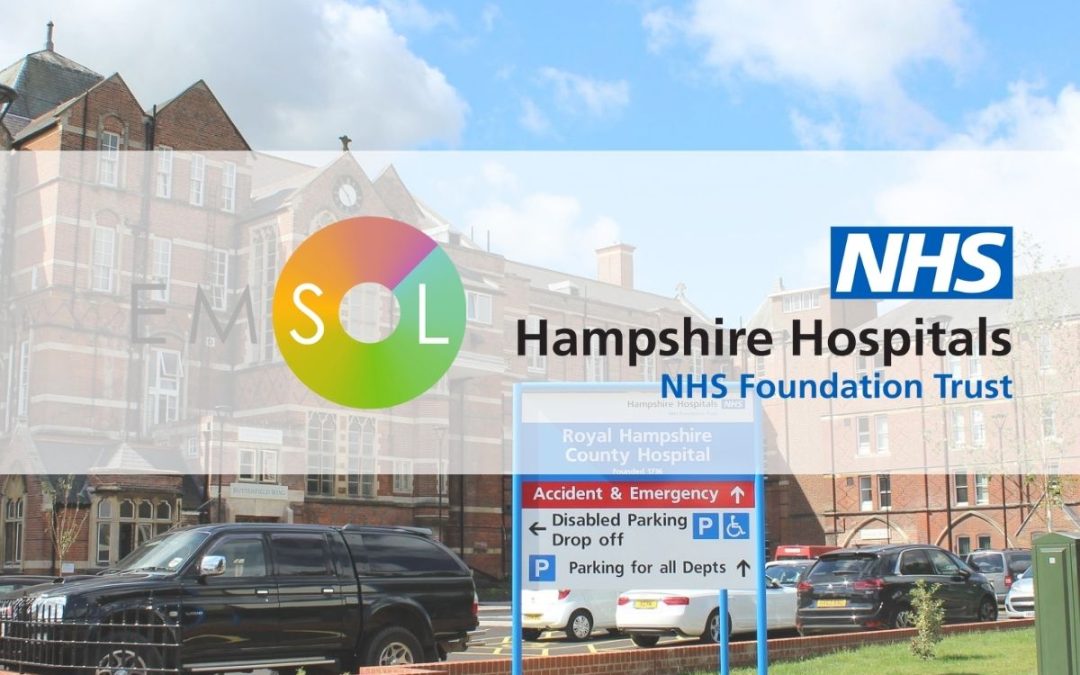The rise of noise pollution in 2020
Noise pollution is a major concern in big cities and urban landscapes all across the world. We all know that harmful emissions from petrol and vehicles are an issue, and many governments and businesses are taking steps to mitigate these. However, noise pollution can also be as big of a problem, but there is often so little attention paid to this. At EMSOL, we feel it is vital to try to tackle the issue of noise pollution across London, and this is an issue we are consistently working towards.
The number of noise complaints have increased significantly in 2020, and nowhere is this more concentrated than in London. Noises that reach 85 decibels or higher are categorised as dangerous and can negatively impact people’s hearing. And some parts of London can even reach an average of up to 105 decibels! So this shows why local London boroughs need to take steps to assess and tackle noise pollution as much as possible. These are some of the key factors related to noise pollution, as well as solutions that can help contractors and city councils to work on mitigating this issue as much as possible.
Noise pollution is one of the worst pollutants
Noise is a pollutant that we encounter every single day, and we often don’t think about the effect it can have on us. Hearing is one of the senses that is always switched on, every minute of the day, and this means noise pollution can have a major impact on your health and well-being. London is a thriving hub of commerce and industry, and research from the CPRE found that ⅓ of London parks suffer from noise pollution, and this isn’t even factoring in issues with building and construction work.
Noise pollution can really impact the physical and mental wellness of Londoners, and it is proven that excessive exposure to noise can cause raised blood pressure and may impact your heart rate. Sustained exposure to noise pollution, also known as ‘noise annoyance’ is something that leads to a lot of mental health issues, including frustration, irritability, and depression. It might shock you to know that close to 50,000 people in the EU die prematurely by conditions brought on due to exposure to traffic noise, and this shows how very real this issue is, and how important it is to address it.
What Causes Noise Pollution?
Noise pollution in cities like London can come from a large array of sources. There might be construction work going on, which involves heavy machinery, tools, and workmen making noise. There is also congestion which is one of the biggest sources of noise pollution in the city. For instance, making deliveries in the morning can cause congestion, and slows down the efficiency of the delivery process. There are ways around this, such as councils working to improve delivery access, and businesses working with environmental health officers to mitigate noise pollution.
Of course, regular traffic is also a source of noise pollution, and this is a big issue in a major city like London, where every hour of the day seems like it’s rush hour. Since lockdown and the coronavirus pandemic, people have been confined to their homes, but this has led to a lot of neighbourhood noise complaints as well. The bottom line is that noise pollution impacts people more than we think, and this is why it is so important to deal with this as much as possible.
Noise Issues are Getting Worse
We all know that noise pollutants can come from all aspects of life, and noise issues are actually getting worse these days. But noise complaints are also on the rise, and this has been particularly pertinent since lockdown has been lifted in London. After months of peace and tranquility, people are finding the return to some semblance of normalcy to be difficult to deal with.
And this has led to an increase in the number of noise complaints received since lockdown restrictions were lifted. EMSOL is looking to work closely with councils across London to help them restrict and reduce the noise pollution from building and construction sites. Local authorities and businesses have to do as much as possible to ensure they work on reducing noise pollution to help the local community.
What We’re Doing to Help
We have been going above and beyond to help businesses determine how they can reduce noise. We have chosen to take an active stance with this and work on combining data from air and noise quality monitors, as well as vehicle location data. Pinpointing the source of the problem is one of the best ways of being able to identify, pinpoint, and deal with the cause of the noise pollution.
As more people acclimate to a post-COVID world, there are bound to be more and more noise complaints in boroughs across the city. This needs to be handled in the best and most effective way possible, as it is going to have an impact on the residents and the local communities around London. EMSOL offers tools that allow businesses to monitor noise levels across multiple levels of the business in real-time. We provide essential tools for businesses looking to work on this, and you can find out more by reading about our Cross River partnership.
EMSOL’s Cross River Partnership
At EMSOL, we offer businesses and local authorities some of the best options for identifying the source of excessive noise, delivering clear and concise evidence, and helping provide actions to reduce delivery noise every day. One of the most important ways we have gone about doing this is through our work with Cross River Partnership, and working alongside them, we monitor different delivery sites in order to provide important insight on noise pollution. This is vital for helping those we work with to understand the best ways of reducing noise pollution during the delivery process.
We adopt some of the best practices laid out in TFL’s Quiet Deliveries guidance, which can help provide peace of mind for local residents concerned about noise pollution, and help organisations measure the impact. The idea here is to work on retiming deliveries, increasing efficiency and productivity, and attempting to reduce ambient sound. But if retiming deliveries just shifts the problem to later in the day its no solution at all. EMSOL targets the source of the noise the enable actionable insights to reduce noise annoyances. All of this is integral to our goal of easing noise pollution, and helping make London a safer and more pleasant place.
Those interested in finding out how EMSOL can help to reduce the noise associated with deliveries and supply chain (as well as other factors) should get in touch with us.





